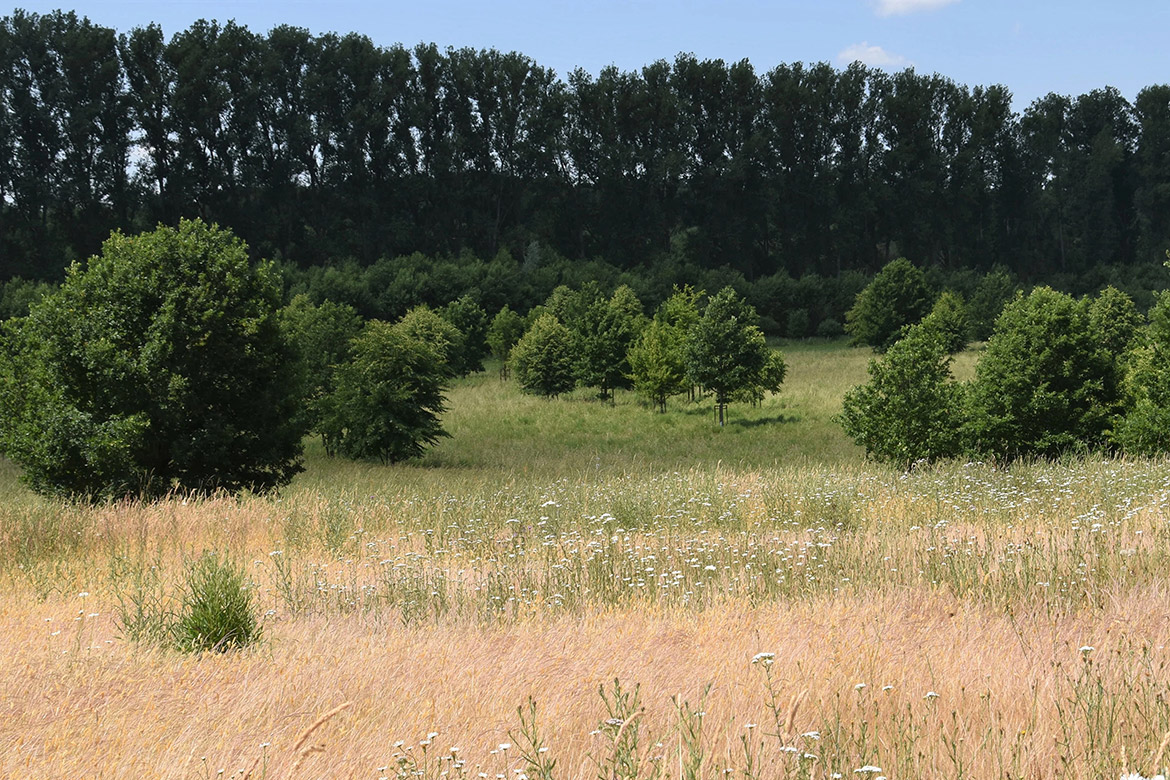Climate protesters in Switzerland: young, educated, science-based
The climate demonstrations have been a factor in society for roughly a year now. They’ve even had an impact on our national elections. The political scientist Jasmine Lorenzini has been analysing the background of protesters in Lausanne and Geneva.

Protesters in Lausanne in May 2019: young, educated, and mostly from the upper-middle income bracket – their movement has not yet led to any alliances across socio-economic boundaries. | Image: Keystone/Jean-Christophe Bott
Jasmine Lorenzini, what kind of people take part in climate demonstrations in Switzerland?
In our surveys in Lausanne and Geneva, we mostly came across very young people without any experience of demonstrations. Roughly a third of those we interviewed were between 12 and 19 years old. Although they are mostly very young, they’ve succeeded in mobilising their parents and grandparents too. The average age is thus around 34 years.
And what’s the social mix like?
Forty percent of those we interviewed told us that their parents had a university degree. Just under 60 percent regarded themselves as belonging to the upper-middle income bracket; only five percent regarded themselves as working class. The movement has brought about a cross-generational alliance, but it does not cut across socio-economic boundaries.
What did you learn about the motivation of the protesters?
There’s a paradox here. Some 90 percent said that their main concern was to put pressure on politicians. At the same time, most of them don’t trust politicians to take firm measures against climate change. Consumption also plays an important role. More than 70 percent of those we interviewed see changing their own lifestyle as the best way of protecting the climate.
Your study involved carrying out surveys in nine European countries. Did you find any cultural differences?
Yes. In Switzerland, the protesters are at the forefront of provoking changes in consumer behaviour. They boycott specific products for ecological reasons, or intentionally buy other products. Making conscious changes to eating habits is part and parcel of this. We can observe similar trends in Germany and Sweden. In Italy, however, those forms of protest are much less pronounced. That is probably because purchasing power is lower there, and so people have less room for manoeuvre. Instead, other forms of action are more important, such as mobilising via social media.
How are the youthful climate protestors organising themselves?
They largely ignore hierarchies, preferring grassroots democracy and decentralisation – rather like the feminist and environmental activists of the 1960s and ’70s. What’s new is the important role played by very young people and their strong adherence to scientific facts.
It is remarkable how researchers are showing open solidarity with the young protestors. The most recent instance was a petition signed by 26,800 scientists. Has that ever happened before in the history of social movements?
In the 1960s and ’70s, many social scientists supported the environmental movement. But to have thousands of natural scientists demonstrating solidarity with protesters is something new. It’s also understandable. Scientists have been warning for more than 30 years about the effects of climate change, but in vain. The Fridays For Future movement has now given them an opportunity to articulate their fears.
What’s your prognosis: have we reached a tipping point? Will the protests bring about a lasting change in society?
For my part, I hope so. But to do this, the movement has to break open existing socio-economic structures and combine different protest repertoires. There are lots of non-violent ways of engaging in civil disobedience that enable you to create a long-lasting disturbance to our economic and political system. But the young protesters first need some concrete political successes if they want to prevent fatigue from setting in.
Jasmine Lorenzini (1982) is a research associate at the Institute of Citizenship Studies at the University of Geneva. She is heading a research project on food consumption and political activism that is supported by the SNSF. She was responsible for the Swiss sample of the Europe-wide ‘Protest for a future’ study and interviewed over 300 protesters in Lausanne and Geneva. This study has seen an association of 26 researchers in nine European countries interview a total of 1,900 protesters across all of Europe. It showed that almost 40 percent of the students had never before taken part in a demonstration.




